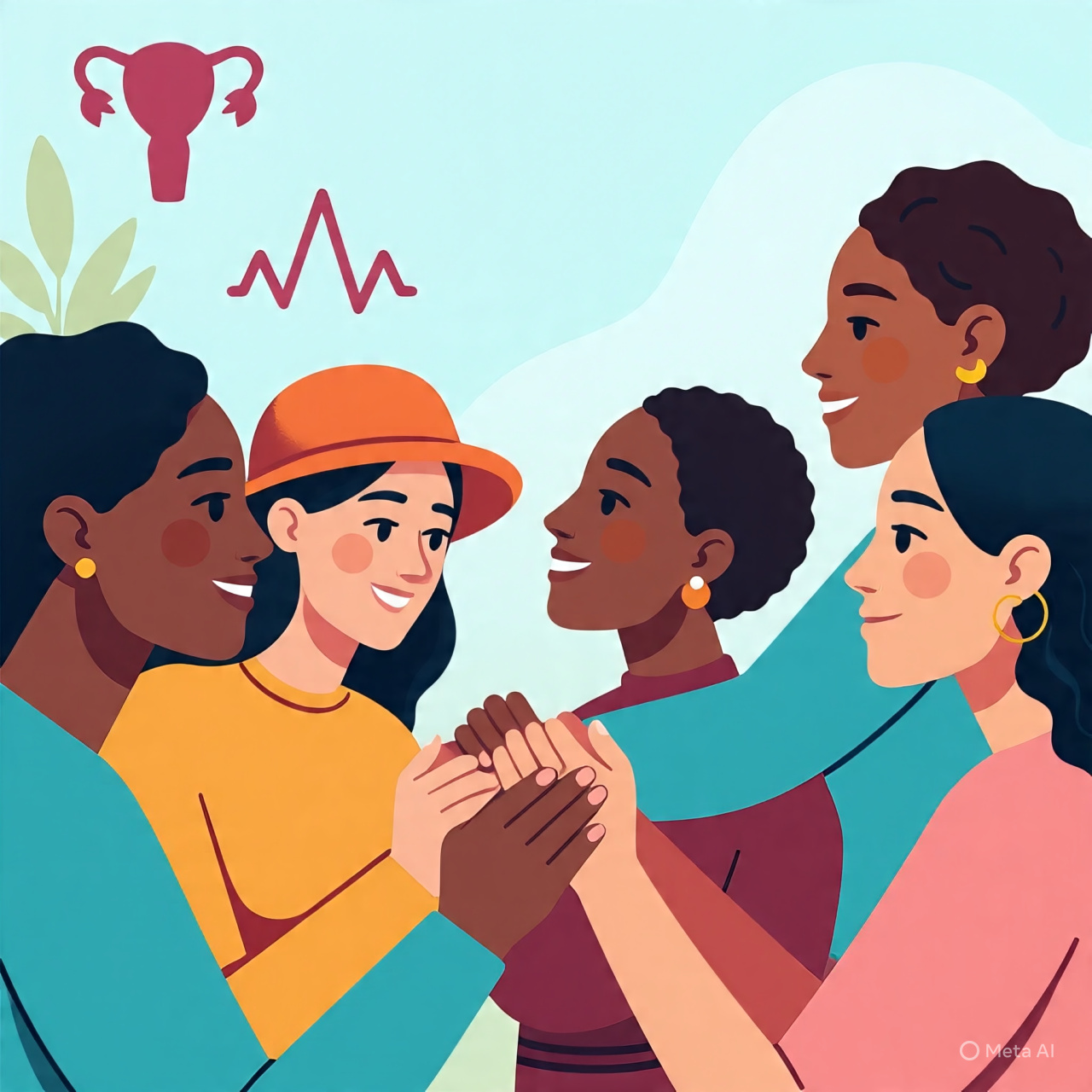Two in three women in Pakistan can not make decisions about their reproductive health
The UNFPA’s State of World Population Report 2025 reveals a pressing global issue; it reveals that the real fertility crisis has nothing to do with overpopulation or underpopulation, but about reproductive agency, the ability of individuals to make free, informed, and independent choices about their reproductive lives.
In Pakistan and across the world, millions of people remain unable to realise their reproductive goals due to barriers such as economic constraints, lack of healthcare access, gender inequality, and restrictive policies.
Dr. Luay Shabaneh of the UNFPA in Pakistan, stressed that:
“Every couple must have the power to decide on their families and this choice should be supported by adequate systems and policies. Having a population-resource balance is the key here. Human resources need to be invested in through gainful employment, quality education and access to family planning services. All this will deepen the human capital in Pakistan, and empower youth to be able to choose their futures and families freely.”
Pakistan’s demographic future rests on its young population, with nearly 67% under 30. However, reproductive autonomy remains out of reach for many women and girls in many ways.
- Decision-making: Only 1 in 3 women can make decisions about their reproductive health.
- Maternal mortality: Every 45 minutes, one mother dies from a pregnancy-related cause.
- Adolescent birth rate: 41 births per 1,000 girls aged 15–19.
- Child marriage: Over 18% of women are married before 18.
- Contraception: Only 32% of married women (15–49) use modern contraception.
- Unmet need: Over 16% of women lack access to family planning services.
A survey of 14,000 adults across 14 countries; representing 37% of the global population by the UNFPA highlights significant gaps between people’s fertility aspirations and reality citing the following factors:
- Economic pressures: More than half of respondents cited financial barriers to having desired children.
- Social pressures: 1 in 5 reported being pressured to have children against their will.
- Unintended pregnancies: 1 in 3 adults experienced one.
- Caregiving inequality: 11% said unequal caregiving responsibilities prevent them from expanding their families.
- Unfulfilled fertility goals:
- 18% of reproductive-age adults believe they cannot have their desired number of children.
- 11% expect fewer children than ideal.
- 7% expect more children than ideal.
- Among adults aged 50+:
- 31% had fewer children than they ideally wanted.
- 12% had more children than they desired.
- 18% of reproductive-age adults believe they cannot have their desired number of children.
However, there are also other factors discovered to be responsible for this reality as gathered by these testimonials highlight the lived realities behind the statistics:
“ I want children, but it’s becoming more difficult as time passes by. It is impossible to buy or have affordable rent in my city. I also would not like to give birth to a child in war times and worsened planetary conditions if that means the baby would suffer because of it. ”
– Anonymous, female, 29, Mexico
“ I have one child but don’t plan on having any more. I am unable to do so due to financial instability, precarious employment, unaffordable housing, and the high cost of childcare and education.”
– Anonymous, female, 29, Zambia
“ Bringing a child into the world is only one step. The real challenge is raising them. And for a favourable upbringing, there must be a good environment and adequate infrastructure. “
– Anonymous, male, 30, Paraguay
The future feels bleak despite the measures being taken by the government. Moreover, a lot of policies worldwide are against women’s healthcare. I feel that this pushes us to stay single and have no children. “
– Anonymous, female, 31, Philippines
“ Finding the right partner is important because I believe that raising a child should be a shared responsibility with emotional and financial support from both parents. “
– Anonymous, female, 18, India
“ Before I bring a child into this world, I have to fight for the right to do so on my own terms – for same-sex marriage, for surrogacy, for adoption rights and parental recognition where I am from. Because this isn’t just my fight. It’s the fight of billions of young people trapped in systems that deny them the rights and dignity they deserve. “
– Roman, male, 26, Azerbaijan
“ There are enough resources on Earth to sustain everyone and more, they are just distributed terribly, which is something we as a society should be working on extensively. I believe we will be able to do this, which will provide me the privilege of having a child without remorse. “
– Ilian Sales Segarra, 24, Belgium
The evidence arguably makes one truth clear; the global fertility crisis is not about numbers, it is about choice as millions across the world especially women and youth, remain unable to exercise their reproductive rights due to structural, cultural, and economic barriers.
Therefore, ensuring reproductive autonomy through access to education, healthcare, family planning, and supportive policies is the only way forward to build a future where individuals and families can thrive on their own terms.
Umm Habiba E
Punjab Pakistan









